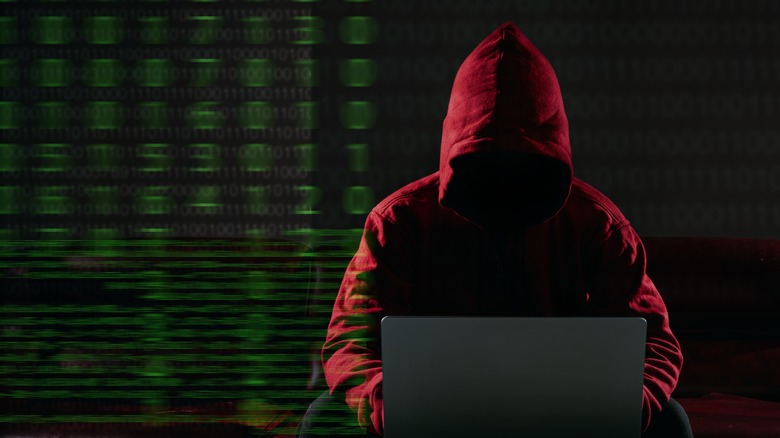How Can You Tell If Your Computer Was Hacked? (And What You Can Do About It)
You don't need to be a tech expert to notice when something's wrong with your computer. Strange pop-ups, sluggish performance, or even your webcam working on its own might seem odd, but they could be signs that your system has been hacked. These days, hackers use all kinds of tricks to gain control, like sneaky malware and fake antivirus warnings that appear highly realistic, such as the Google Chrome virus notifications. Sometimes, these changes occur slowly, and you might not catch them right away. But ignoring the signs can let small issues grow into serious security threats.
A hacked computer often behaves in ways that feel just slightly off. For instance, you might find new programs installed that you never approved, or notice that your homepage changed without your input. Maybe your antivirus is suddenly turned off, or worse, your files start disappearing. Sometimes, it's more obvious, like being locked out of your account or seeing a message demanding payment to unlock your files. When things like this happen, you need to act quickly.
Warning signs to watch for
Unlike pop-ups and ransomware, not all hacks come with flashing warnings. Sometimes the clues are subtle. For example, a sudden spike in your data usage, especially when you're not actively using your computer, can point to spyware or botnet activity. You might also notice emails being sent from your account that you never wrote, which is a red flag that your login credentials may have been compromised.
Other signs include being unexpectedly locked out of your accounts or seeing password reset notifications you didn't trigger. If your webcam light turns on randomly or your system crashes often with no apparent reason, it could be a sign of someone tampering with your machine. You may also find unrecognized devices connected to your network, which can indicate someone is using your Wi-Fi without permission. In some cases, hackers even change system settings to maintain access. The more familiar you are with your normal setup, the easier it is to spot these kinds of changes.
What you should do right away?
If you suspect your computer's been hacked, start by disconnecting it from the internet. This cuts off remote access and limits any damage the hacker can still do. Next, run a full antivirus and anti-malware scan using a trusted program. If you can, boot your computer into Safe Mode first, as this prevents most malware from running during the scan.
Once your system is isolated, change your passwords using a different, safe device, especially for sensitive accounts like email and banking. Remember to use a strong password, instead of common passwords that are easy to hack. Furthermore, enable multi-factor authentication wherever possible. Then, remove any suspicious software, disable unknown startup programs, and check for changes to your firewall and network settings. If issues persist, consider using System Restore on Windows or performing a clean OS reinstall.
Don't forget to back up your data before making major changes. If sensitive information has been exposed or money stolen, contact your bank and consider filing a police report. Using an identity monitoring service might also help if you think your personal data was compromised. To prevent such attempts in the future, educate yourself on phishing, fake downloads, and social engineering tactics, as they're often how hackers get in the first place.


